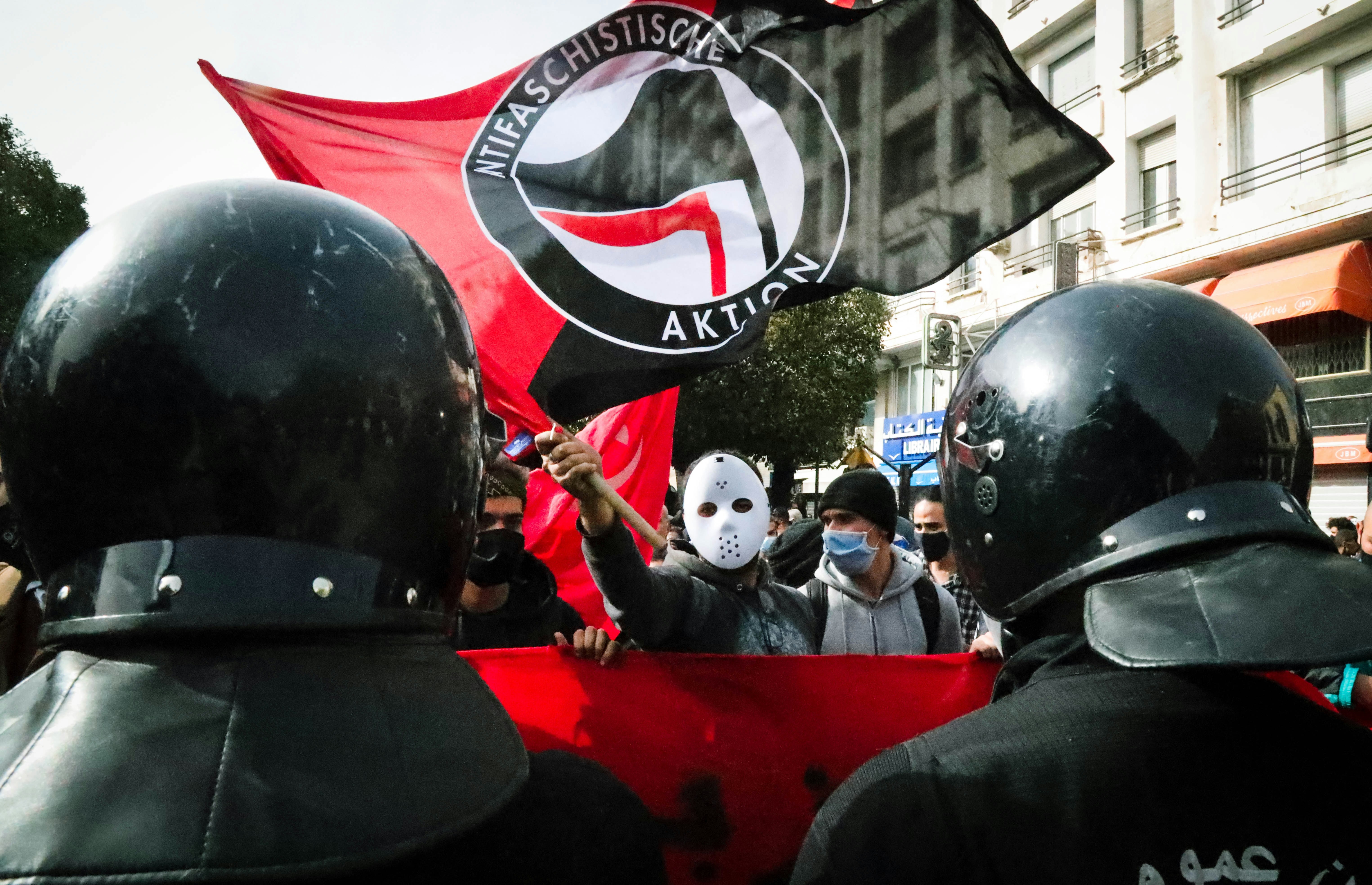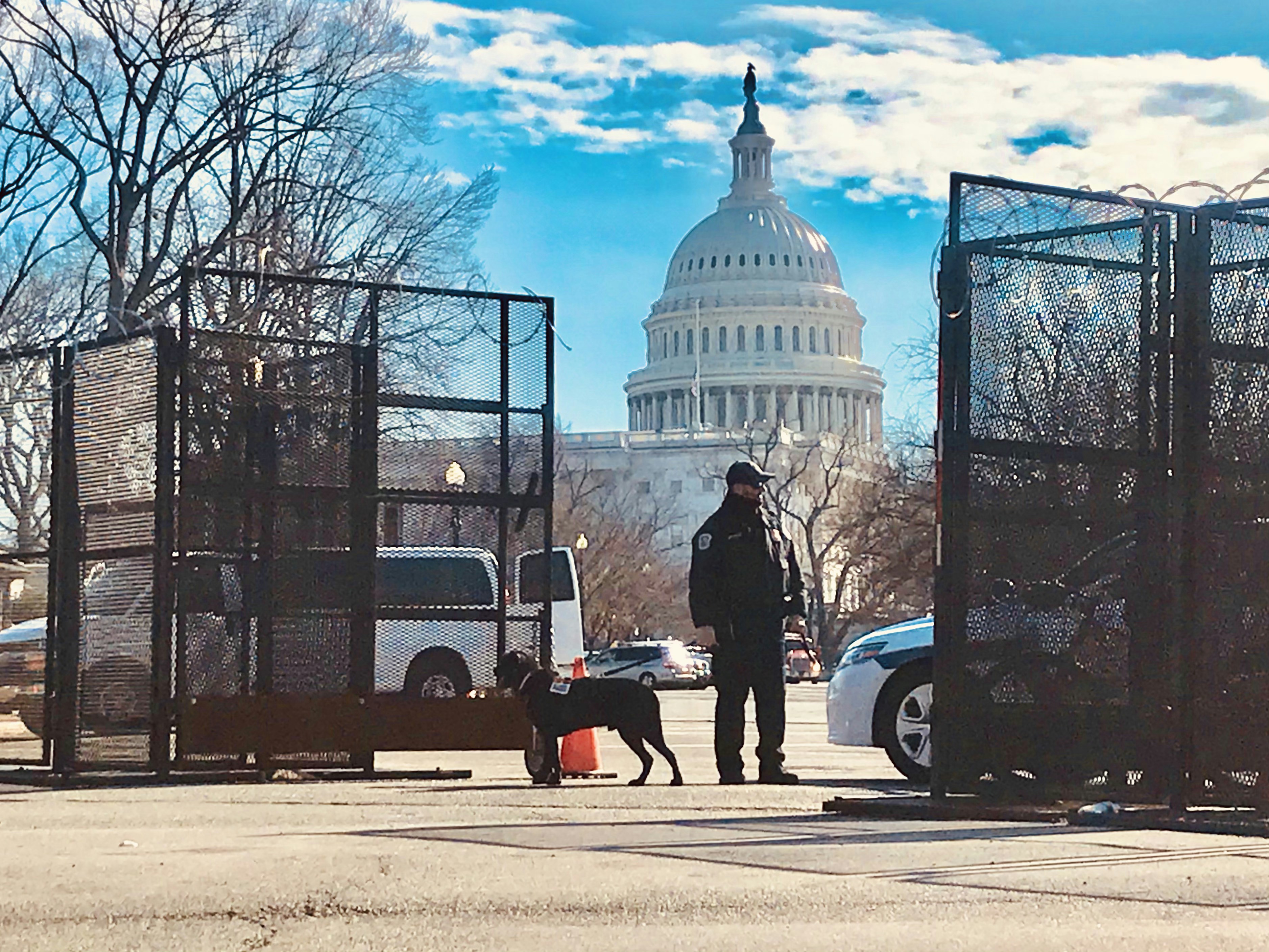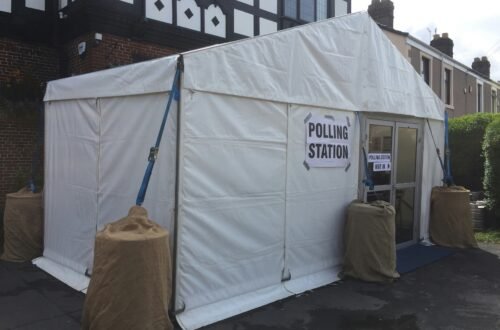Ed Martin: The Controversial Figure Shaping Washington, D.C.

Introduction to Ed Martin
Ed Martin has emerged as a pivotal figure in the political landscape of Washington, D.C., particularly during his tenure as the interim U.S. Attorney General. Appointed to this role amid a contentious political climate, Martin has been tasked with overseeing critical legal matters and the enforcement of federal laws within the District of Columbia. This position carries significant responsibilities, as it requires the balance of legal integrity with the often turbulent dynamics of federal oversight. One of the most notable aspects of Martin’s role is the significance of the U.S. Attorney General’s position, which serves as the chief federal prosecutor in the area. This role is vital not only for upholding the law but also for shaping public policy through legal action. The U.S. Attorney General often finds themselves at the intersection of legal advocacy and public administration, especially in a city characterized by its proximity to power and decision-making.Ed Martin’s tenure as interim U.S. Attorney General has been marked by his complex relationship with the Trump administration. His actions and statements have been closely monitored by both supporters and detractors, highlighting the polarization that often surrounds key political figures in the current era. Through various high-profile legal cases and public statements, Martin has contributed to the ongoing debates regarding law enforcement, civil rights, and governmental authority.The nuances of Martin’s role extend beyond mere legal responsibilities; they encapsulate the broader political and social ramifications of his decisions. Understanding Ed Martin’s influence requires a careful examination of how his actions reflect his beliefs and the impact they have on the public perception of law and order in Washington, D.C. This introduction sets the stage for a deeper exploration of the controversies and complexities that define Ed Martin as a significant player in the political sphere.
A Lawyer for the People or a Political Operative?
Ed Martin has emerged as a polarizing figure within the political landscape of Washington, D.C., prompting robust discussions regarding his role as a legal representative of the populace versus that of a political operative. On one hand, Martin positions himself as a champion of the people, asserting that his primary obligations include defending the interests and rights of Washington’s residents. This self-identification suggests an ethos rooted in public service, where the lines between governance and the legal system become intertwined in the quest to represent the communities he serves.
However, this narrative is juxtaposed against his allegiance to Donald Trump, where his function as U.S. Attorney General intertwines with his role as one of the president’s lawyers. This duality invites scrutiny about the implications of such a relationship in terms of impartiality and fairness in administering justice. Advocates for transparency in governance have raised alarms about the potential conflicts of interest that arise when a legal figure operates under the influence of political loyalty. The complexities of Martin’s position raise important questions: Does loyalty to a political leader undermine his capacity to serve as an unbiased legal authority? Or does this relationship enhance his ability to effectuate the policies he believes benefit his constituents?
Critics argue that such political affiliations may compromise the integrity of his judgments and decisions. The loyalty to Trump could signal a prioritization of political agendas over genuine legal advocacy. As debates continue, the public is urged to consider the implications of Martin’s actions, examining whether he is practicing law in service to the people or functioning primarily as a political operative. Ultimately, understanding Martin’s motives is critical, as it shapes perceptions of governance and the legal system in the capital.
Media Presence and Public Image
Ed Martin has established a significant media presence, most notably through his appearances on Russian state television, RT. His frequent participation in programming on this platform has sparked considerable debate regarding the implications of such visibility. Between 2016 and 2024, Martin’s commentary on RT has ranged from political analysis to discussions about U.S. foreign policy, offering viewers a perspective that aligns with his political ideologies. This representation serves not only to bolster his public profile but also raises questions about the influence of controversial media outlets on American political discourse.
The content of Martin’s appearances on RT often exhibits a divergence from mainstream narratives, catering to an audience that may share his views or be curious about alternative interpretations of political events. This strategy could be perceived as a way for Martin to cultivate a dedicated follower base that appreciates his viewpoints, yet it risks alienating moderates who may view such affiliations as problematic. His connection to RT, a network widely criticized for its ties to the Kremlin, amplifies concerns regarding credibility and impartiality in his public image.
Furthermore, Martin’s media strategy extends beyond RT, incorporating social media platforms and traditional news outlets to promote his agenda. This multi-channel approach allows him to reach various demographics and further entrench his ideas within public discussions. However, it also exposes him to heightened scrutiny and criticism, particularly from opponents who question his motives and the ethics of engaging with foreign media entities. Thus, while Martin’s media presence is integral to shaping his public persona, the scrutiny surrounding it elucidates the complexities of navigating a highly polarized political landscape.
Controversial Actions and Investigations
Ed Martin, during his tenure as U.S. Attorney General, has been surrounded by several actions that have drawn considerable controversy and scrutiny. One notable initiative was ‘Operation Whirlwind,’ aimed at addressing violent crime in urban areas. Critics argued that this operation disproportionately targeted minority communities, raising questions about racial bias and the effectiveness of such crackdowns in reducing crime rates. Similarly, ‘Project 1512’ faced backlash for its perceived alignment with political interests, furthering the debate on whether prosecutorial practices should be influenced by political agendas rather than strictly legal considerations.
Another significant moment in Martin’s term was his decision not to press charges against Rep. Cory Mills despite allegations of domestic assault. This decision has sparked outrage and disillusionment among advocacy groups who argue that it reflects a troubling inconsistency in how justice is administered based on the participant’s political affiliations. Critics maintain that such decisions contribute to a growing perception that those in power are often exempt from the consequences of potential criminal behavior, thus eroding public trust in the justice system.
Moreover, Martin’s public statements regarding individuals opposing tech entrepreneur Elon Musk, wherein he vowed to pursue legal actions against them, brought even more controversy to his office. Observers noted that this stance exemplifies a troubling trend where the resources of the Attorney General’s office may be used to target critics rather than uphold justice impartially. Such actions raise potent questions about the balance between political loyalty and fairness in the legal system. Collectively, these incidents position Ed Martin more as a politically motivated figure than a steadfast advocate for justice, consequently affecting his credibility and the perception of his office among the public.




